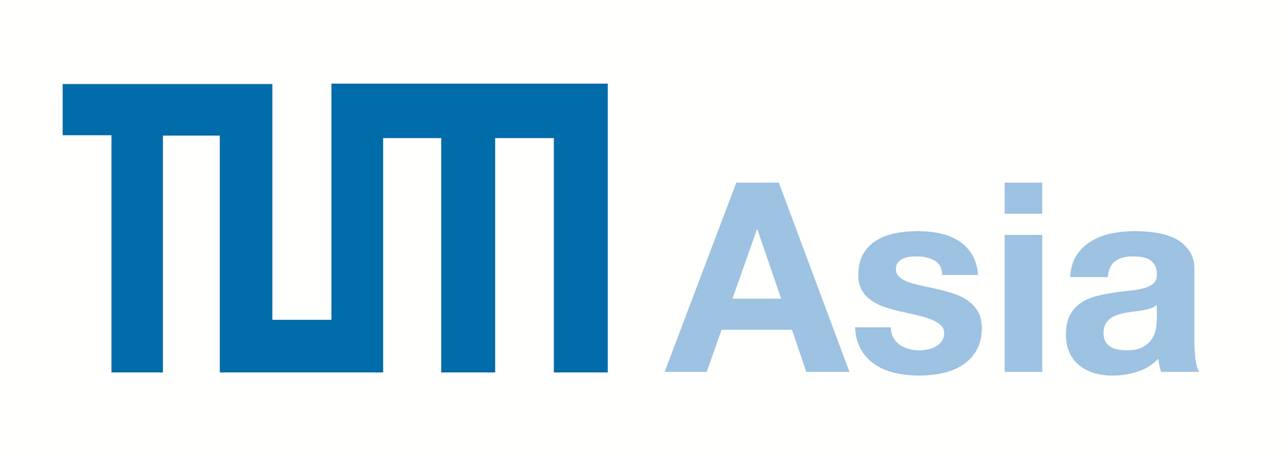

TUM Asia participated in the first-ever TUM Virtual Dialogue 2020, with the dialogue topic as the New Frontier of Food Safety in Industry 4.0. The speakers included Prof. Dr. Michael Rychlik, Technical University of Munich (TUM); Associate Professor (A/P) Huang Dejian, National University of Singapore (NUS); with TUM Asia’s Assistant Faculty Head, Dr Alson Chng, as the moderator.
The TUM Virtual Dialogue 2020 drew to a successful close convening some of the eminent speakers in the food safety and technology field where they addressed poignant issues that closely revolve around Singapore.
Amid bouts of intense discussion, participants were given an incisive portrait of the food safety landscape in the context of Singapore and Europe by A/P Huang Dejian, and Prof. Michael Rychlik. Dr. Thorsten Clausing from the German Embassy of Singapore, delivered the opening speech and provided a succinct overview of the opportunities and challenges that arise in the food safety landscape.
Relevance of food safety and technology in Singapore’s context
In a country like Singapore where food is heavily imported, A/P Huang lauded Singapore for its assiduous efforts in ensuring food safety throughout its food supply chain. Yet the rules of the gameplay have changed dramatically. As the goal to realise 30% of local food produce by 2030 is set in motion, Singapore faces a plethora of opportunities and challenges – how is Singapore going to produce so much food locally where land is extremely scarce? This challenge is exacerbated by the uncertainties of how the usual food safety regulations are keeping the latest food inventions in check. The answer naturally points to technology.
A/P Huang elaborated that technological breakthroughs in the development of lab-grown meat, indoor farming, and more, has not only resulted in better food, it has also helped Singapore to overcome its biggest challenge – land scarcity, enabling the country to move in leaps and bounds closer to its goal.
Impact in technological advances in food toxicology and safety
In the years of mankind studying the nature, properties, effects and detection of toxic substances in food and their disease manifestation in humans – food toxicology – the relationship between food and humans continue to play a complex role. Micro-toxins and other contaminants continue to be a concern in food safety. However, scientific advances such as the use of fast screening method of raw materials, has given the food industry the window of opportunity to select the right materials to produce food, and even be free of micro-toxins.
More burning questions had arisen: Are there adequate safety assessments of novel metabolites? Are these products of the same exact quality as its original twin?
With COVID-19 accelerating the adoption of digitisation, there were concerns if online grocery stores faced the same amount of scrutiny that ensured the integrity, authenticity, safety of food. Providing a secure yet globalised food supply chain is an intricate balancing act that not only Singapore, but other mega cities also have to perform continually.

Incorporation of technology in the global food system
Echoing the same views as Prof. Rychlik, A/P Huang also explained that as the relationship between humans and food, as well as the nature of food are extremely complex, it can be challenging to correlate the causes and effects. In addition, chronic toxins or toxic compounds may be present in food and can take many years to act.
Currently, agriculture and food are fairly separated industries. With the new way of producing food, A/P Huang is optimistic that there would be more synergy as these industries work closer than before. This would benefit consumers in the long run as transport costs would be reduced, hence minimising cross contamination when food is being transported from place to place.
Organisational readiness for future trends and needs in the food industry
To stay ahead of these novel food trends, companies need the expertise, skills and competencies of food safety experts. As leading learning institutions, TUM and NUS are at the forefront of nurturing the next generation of food safety leaders in charting a sustainable future in food safety and technology. In view of this, TUM has also set up the TUM Institute of LifeLong Learning to foster a culture of lifelong learning in its students so as to keep pace with the scientific advances.
Not every job has withstood the test of time. As the world continues to progress, technology becomes a springboard for greater success to overcome the evolving challenges of tomorrow.
“There is nothing to fear with technological advancements as people would still be required to assume roles and responsibilities that technology cannot,” commented Prof. Rychlik.




















